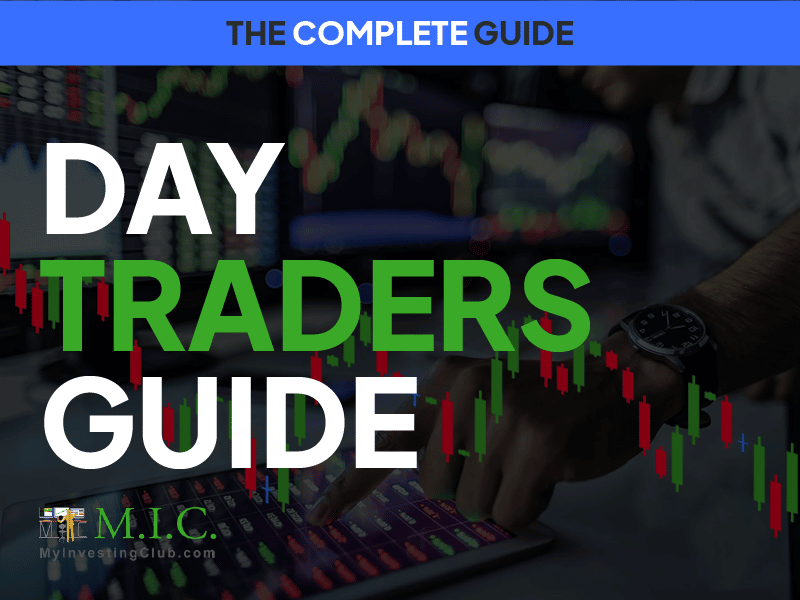You want to make some extra cash day trading. Great! But before you get started, there’s one crucial decision you have to make: which brokerage firm should you use? Not all brokerages are created equal, and picking the wrong one can cost you dearly—in commissions, fees, and lost opportunities. So how do you know which one is right for you? Let’s take a look.
Decide What Kind of Trader You Are
The first step is to decide what kind of trader you are. Are you a casual trader who only makes a few trades per week? Or are you a high-volume trader multiple times daily in and out of positions? The answer to this question will help narrow down your options.
If you’re a casual trader, then pretty much any brokerage firm will work for you. However, if you’re a high-volume trader, you’ll want to look for a firm that offers discounts on commissions.
Successtrader and TradeZero offer MIC members heavily-discounted commission rates. Check them out.
1. Look for Active Traders
When trying to find the right broker for day trading, one of the first things you should look for is an active trader community. An active trader community can provide you with invaluable resources and support online and offline. It’s also a great way to meet other day traders and get insights into different strategies.
2. Consider Trading Platforms
Another essential thing to consider when choosing a broker for day trading is the trading platform. Make sure the platform is user-friendly and has all the features and tools you need. You should also test out the platform before committing to a broker to ensure it’s a good fit for you.
3. Fees and Commissions
Of course, you’ll also want to keep an eye on fees and commissions when choosing a broker for day trading. Some brokers charge higher fees than others, so it’s important to compare different brokers before making a decision. Also, check out what type of account minimums are required by each broker. While some brokers don’t have any minimums, others may require you to deposit a certain amount of money before being able to trade.
4. Customer Service
Consider customer service when trying to find the best broker for day trading. You should be able to get in touch with customer service easily if you have any questions or problems. And, when you do reach out, customer service should be friendly and helpful, and if they’re not, that’s another red flag.
5. Tools and Resources
Finally, it’s also essential to consider the research tools and resources offered by the firm. After all, what good is low-cost access to the markets if you don’t have the information you need to make informed trading decisions? All of the major firms offer some sort of research capabilities. Still, they vary widely in terms of quality and depth. Be sure to check out websites like Morningstar and Investopedia to see what others are saying about the research offerings of various firms before making your decision.
Picking the right broker is essential if you want to be successful at day trading—but it can be tough to know where to start. By looking for an active trader community, considering trading platforms, keeping an eye on fees and commissions, and ensuring that customer service is up to par, you can narrow down your options and find the perfect broker for your needs.

